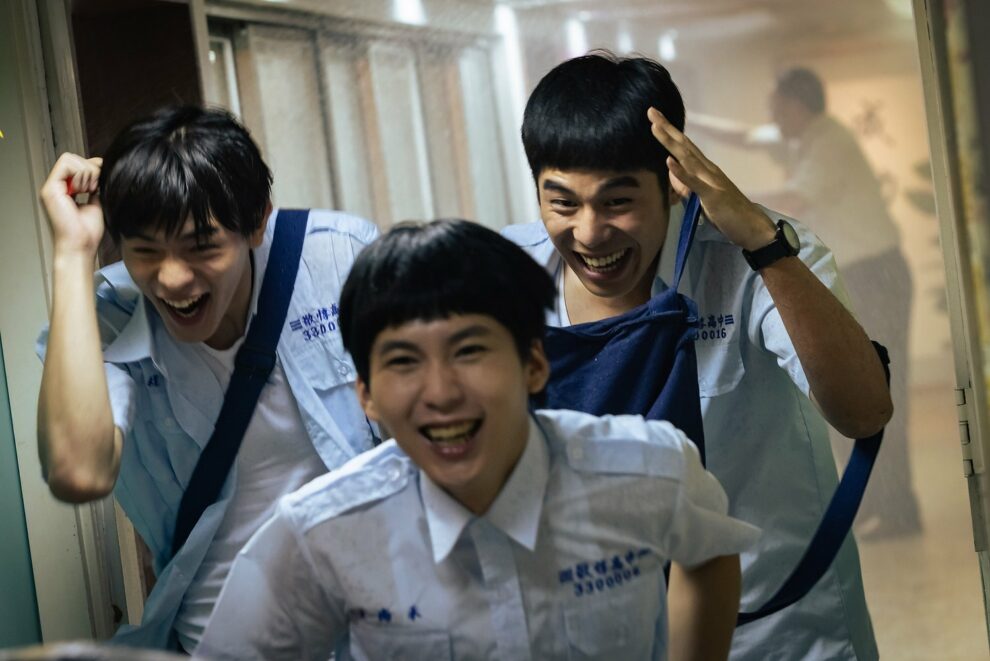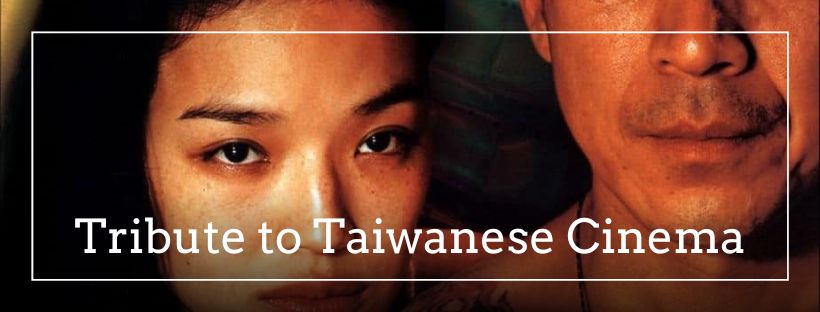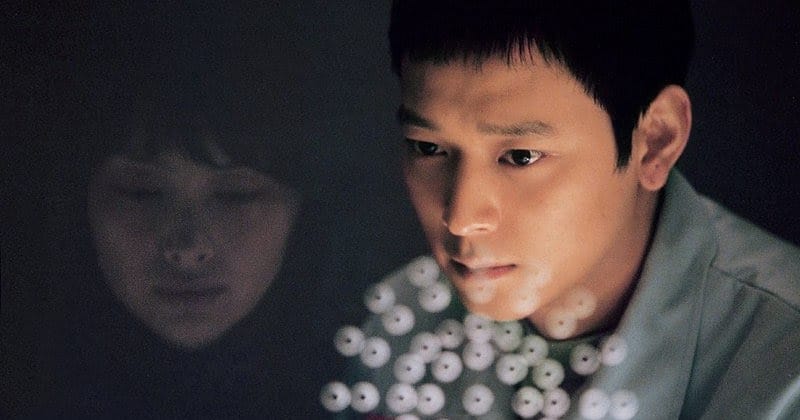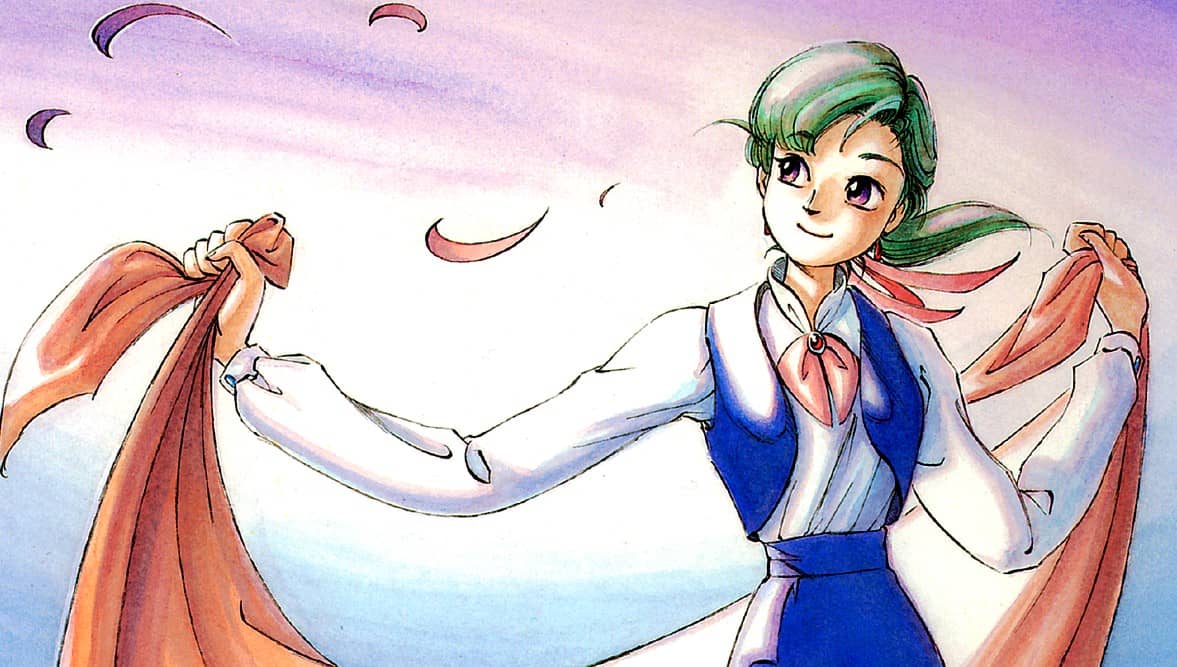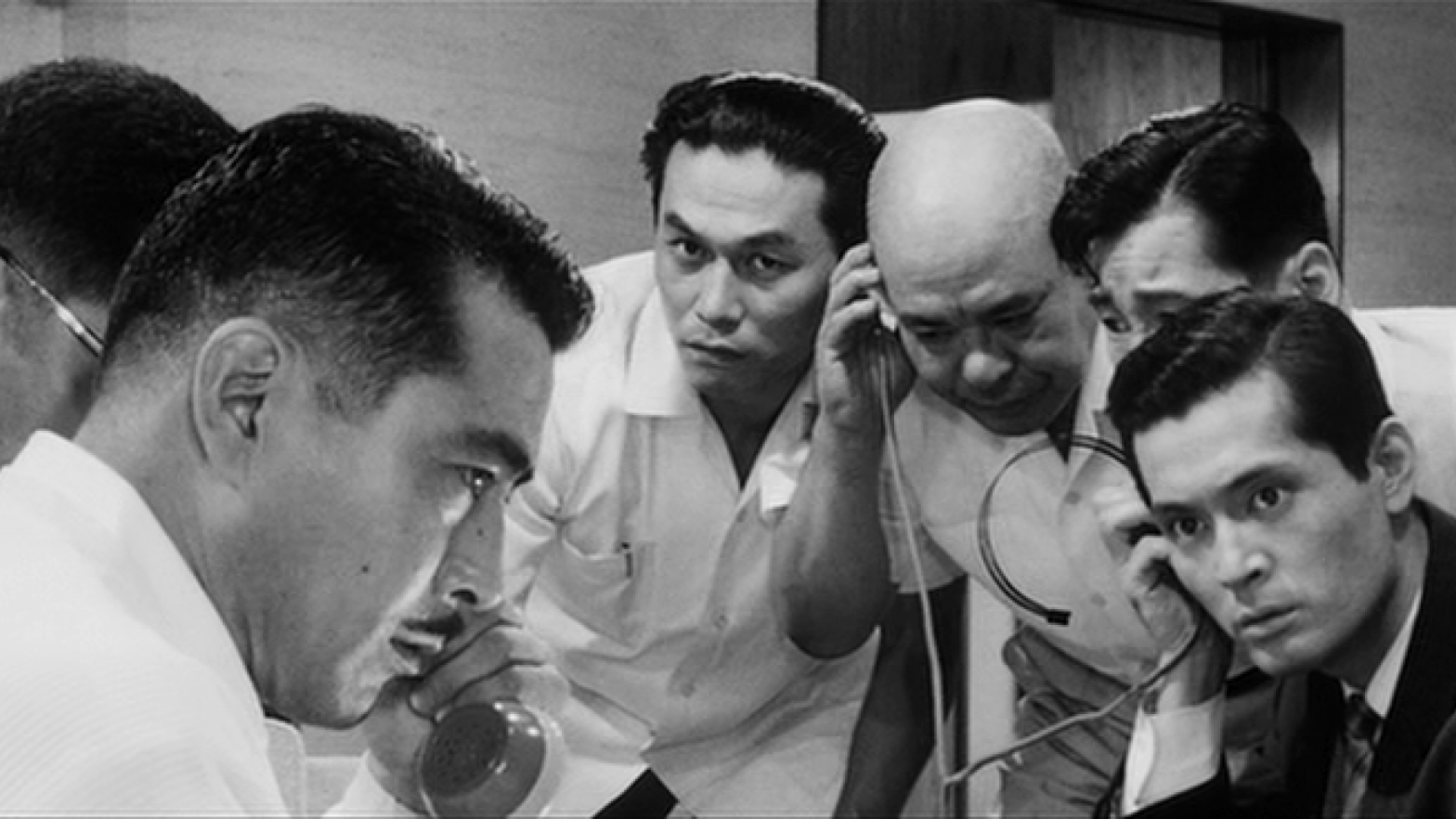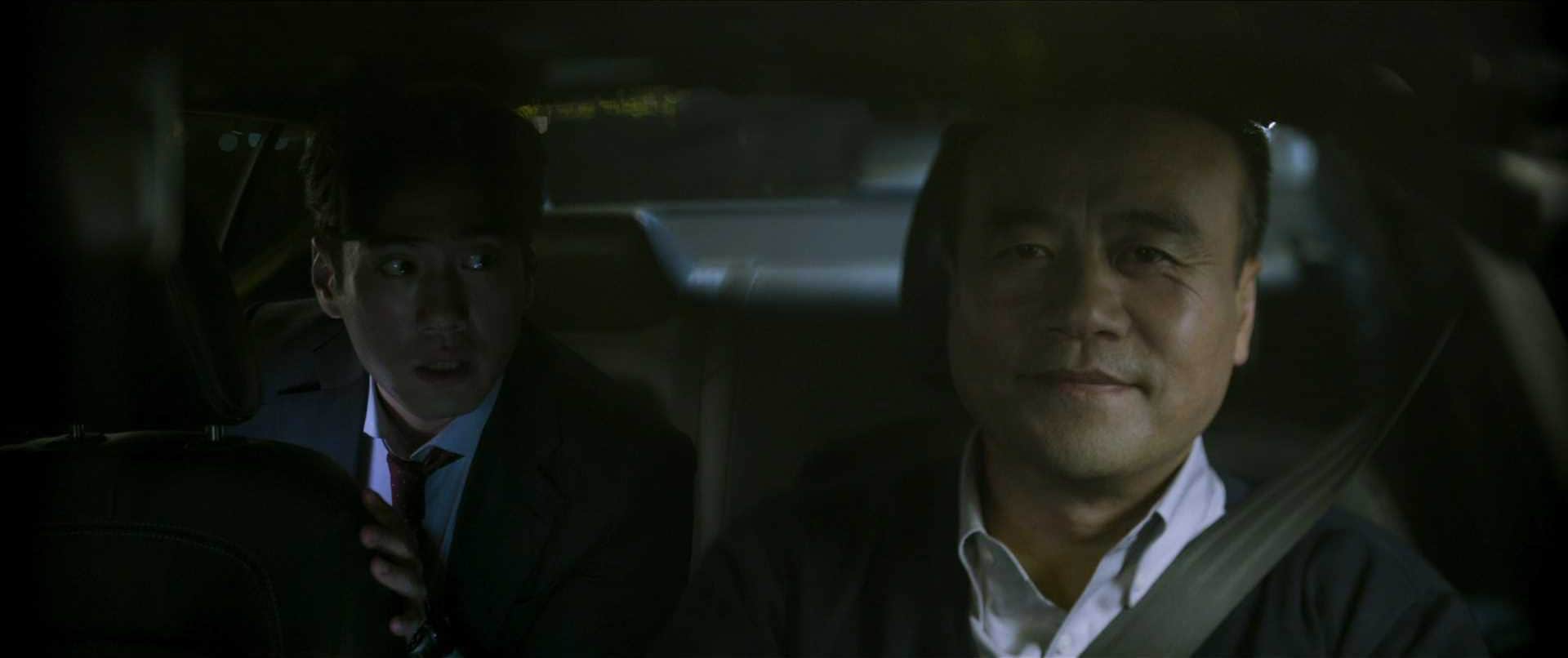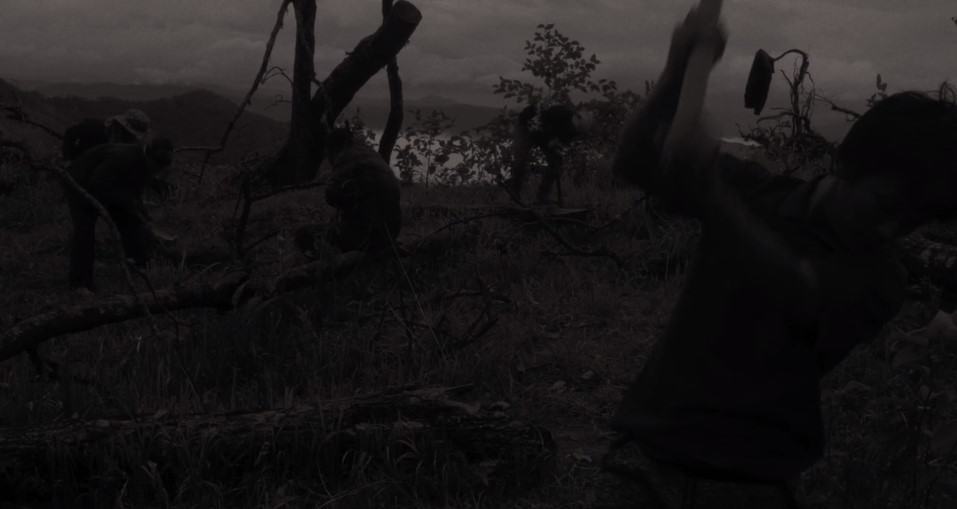Mickey Chen (1967 – December 10, 2018) was a multi awarded Taiwanese documentary director, writer, and LGBTQ rights activist. He was known for his works that focused on marginalized issues, especially the life stories of LGBTQ individuals. He was also a significant figure in the history of the LGBTQ movement in Taiwan. Golden Bell Award Best Actor Blue Lan's second directorial effort is an autobiographical tribute to the friends he grew up with and Mickey Chen, who was his cram school tutor.
After School is screening at Asian Pop Up Cinema
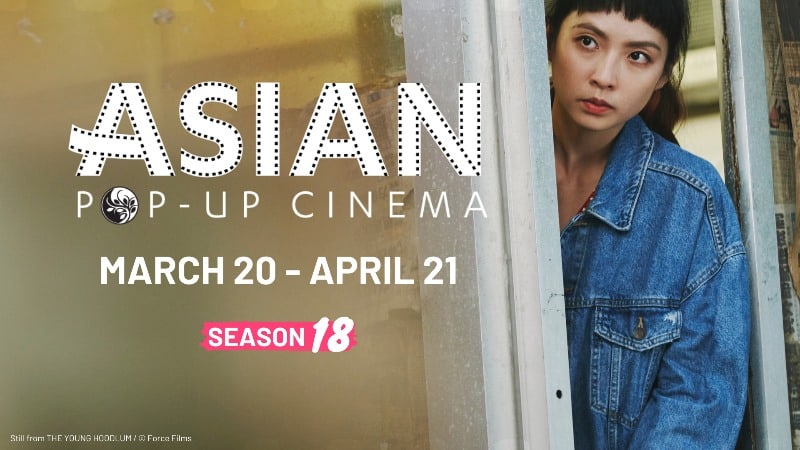
Although the film starts on a somewhat dramatic note, with two men and a woman visiting another man in a wheelchair in his last moments, the story quickly moves back in time, in 1994, where in fast, colorful, and comedic fashion, we are introduced to the main protagonists. Cheng Heng is the main narrator, an only child who aspires to be a filmmaker, although his father insists he studies math. Cheng Hsiang is the ‘pretty boy' of the class, with many of his classmates swooning for him, with the exception of the class's beauty, Chen Sih, whom Cheng Heng has a crush on. The two boys also share a bed in the former's house, since Cheng Heng's parents have taken him in knowing of his impoverished situation, and in general, they do everything together, mostly pranking the cram school any way they can. The third of the company, Ho Shang, is the son of the director of the cram school, Wang, and also the last member of the gang, although not always on his own will.
When Michael, a new substitute teacher with innovative ideas about teaching takes over the classroom, the two boys discover a mentor that finally offers some proper guidance regarding their life. In the meantime, Chen Sih starts hanging out with them, Cheng Heng and Ho Shang fight with their fathers, and Cheng Hsiang experiences an awakening.
The main arc of the movie begins in the usual style of teen romance comedy, with the pranks of the boys, their falling in love, and their family's situations mostly used for laughs, an approach that takes up the majority of the movie actually. The appearance of Michael also moves in the same direction eventually, but the ‘waking' of the boys, in completely different directions, which eventually happens with the help of the teacher, takes the narrative on a whole new path. Frankly, the way the story unfolds is as surprising as it can get, in one of the best aspects of the whole movie, that should definitely be attributed to the way Blue Lan handles the twists.
The same prowess applies to the way the comedy gradually turns into drama, which becomes more and more intense as the story progresses, to the point that the last part, which also returns to the initial scene, borders on the melodramatic. The last aspect does not always work that well, but the fact is that the movie remains entertaining from beginning to end.
The comments about LGBT rights in the country in the era are quite prevalent, as much as the pressure kids felt (feel actually) from their parents in order to succeed in the ideal path (good school, good university, good job, good family) where concepts like homosexuality definitely do not have a place. This approach adds depth to the story, although the overall attitude here remains ‘light' to the point of becoming idyllic on occasion although in general, Blue Lan does not lose his sense of measure significantly. Lastly, the importance of finding a mentor in life, one that youths in particular can look up to, cements the context here.
The acting fits the style of the story to perfection. Blue Lan himself plays Cheng Heng quite convincingly, both in the humoristic and the dramatic moments, while exhibiting an impressive chemistry with Chi Yi Tai's Cheng Hsiang, who is equally good, also in the way he handles his coming of age. Chien Ho Wu as Ho Shang steals the show on occasion, particularly after his transformation, while Phil Hou as Michael is great in the role of the progressive teacher/mentor. Charlize Lamb as Chen Sih provides the necessary female element in the story as an apple of discord that also eventually shapes the lives of the boys, in another rather appealing presence in the movie.
The cinematography of the movie expectedly follows bright and shiny paths, in an approach that is quite fitting to the narrative. Kipo Lin's editing results in a rather fitting, fast narrative, although the extensive flashbacks to scenes already presented could have been avoided.
Despite being occasionally cliche and corny, “After School” remains a very entertaining movie that manages to present its comments eloquently, although its biggest trait comes from the fact that it will repeatedly leave the viewer with a smile on their face.


